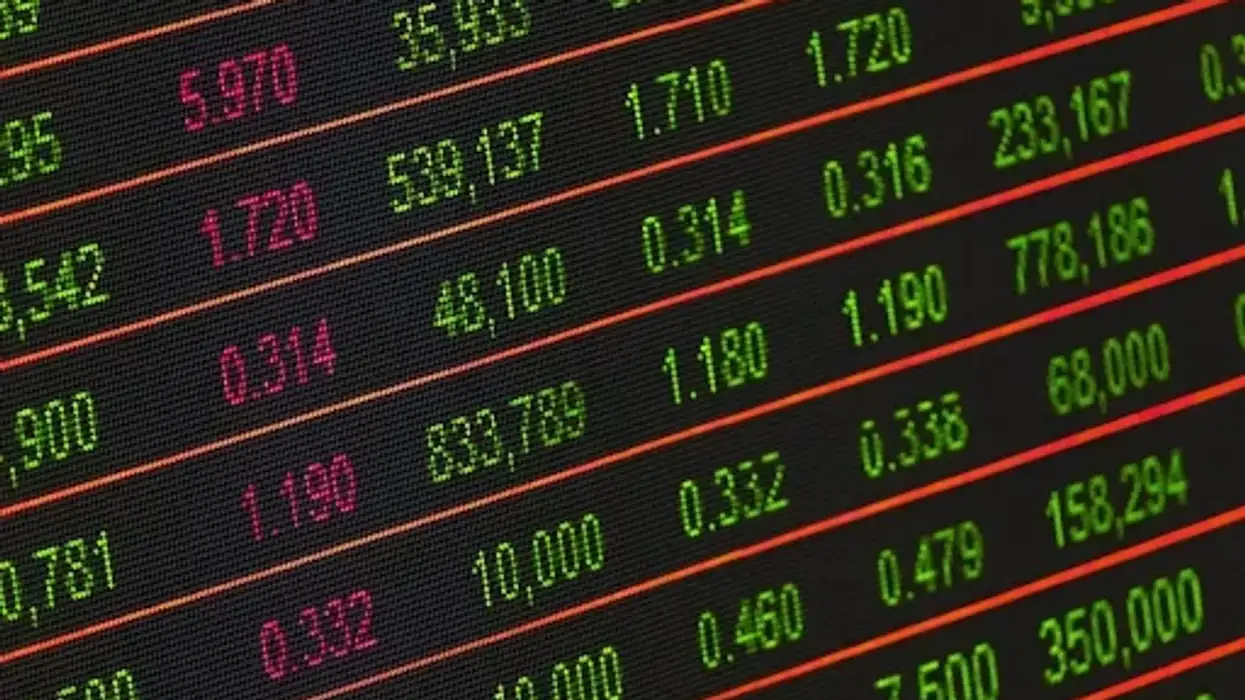For many investors and financial advisors, fusing the stock market with the bond market is a wise choice to optimize their risk-reward management. They have been the most popular and favored investment option in the financial market.
Prices and yields are observed and forecasted with high precision due to their high correlation with macroeconomic changes. They are also easier to buy, sell, and allocate due to their predictable volatility.
Meanwhile, risk takers view the Forex market as the best place to sharpen trading, problem-solving, and decision-making skills. Risks are higher, but returns have been very promising over the years. It is also sensitive to macroeconomic indicators, particularly various monetary policies, to reach the target inflation and interest rates. Given the vast volatility, the Forex market has created many millionaires, but some went bankrupt.
As more people become more aware and drawn to the Forex market, interested investors must take note of the risks and opportunities ahead of them. Hence, this article will explain why it’s wise to venture into the Forex market.
The Dangers of the Foreign Exchange Market
For beginners, the Forex market refers to a global marketplace for trading or exchanging currencies. Due to the vast reach of trade, finance, and commerce, it is considered the largest and most liquid market worldwide. They can exist as a derivative or spot/cash market that offers futures, currency swaps, options, and forwards. As such, many traders use forex as a hedge against unfavorable macroeconomic changes to diversify portfolios. These include inflation, interest rate risks, and geopolitical tensions.
Given all these, interested investors often wonder whether the Forex market can make them rich in the blink of an eye. With the risks and volatility associated with the market, the instinctive reaction is often an unequivocal no.
But, we must qualify the pessimistic or apprehensive response. We must remember that forex trading can make a trader rich if exceptionally skilled or resourceful. For the average retail forex trader, trading can be a bumpy road with potential enormous losses rather than a quick path from rags to riches.
Examining historical forex shocks
To better understand the risks in forex trading, consider several notable events that caused massive shocks in the Forex market.
A famous example is the Brazil currency crisis in the late ‘90s. From 1994 to 1999, Brazil did crawling currency pegging of its Real with the US Dollar. This move allowed its currency to depreciate at a controlled rate. However, it did not foresee external factors that caused the unexpected devaluation of the Real.
One of these was Russia’s debt default in 1998, which made many international investors panic. They lost confidence in the Brazilian government’s capacity to maintain the crawling peg. Poor fiscal and monetary management, such as budget deficits and inadequate foreign exchange reserves, also contributed to it.
Another example was on January 15, 2015, when the Swiss National Bank decided to abandon the Swiss Franc’s cap of 1.20 against the EUR, which it kept for three years. In turn, the Swiss Franc rose by 41% against the EUR on the same day. This surprise move inflicted hundreds of millions of dollars of losses on traders. Retail trading account losses depleted the capital of three forex brokerages.
Meanwhile, FXCM, which used to be the largest retail FX brokerage in the US, was pushed to the brink of bankruptcy.
Aside from market volatility and poor macroeconomic policies, other risks include excessive leverage. It can be a double-edged sword since high leverage can magnify gains and losses. You should consider asymmetric risk to reward tendency and forex trading platform malfunction.
Most importantly, unlike the stock market, it is a decentralized OTC market, so trading is not guaranteed or covered by any clearing organization, leading to potential counterparty risks.
What Makes the Market Enticing
The foreign exchange market carries high levels of risk. Yet, returns can be much more rewarding than many other investments. Here are some factors that make Forex enticing.
High volatility
Foreign exchange market volatility can be a double-edged sword for traders. It can be risky since the degree of movement in a currency over a certain period is very high. Even so, it allows investors to generate high returns.
Investors can expect to see movements of about 50-100 pips for main currency pairs almost daily. But several currency pairs, such as USD/JPY, USD/CAD, and GBP/USD, can even exceed 100 pips per trading day.
For instance, if the price of USD/JPY moves by 80 pips, and you hold one standard lot, which is 100,000 currency units, you realize a gain of $800. If you hold five standard lots, you earn $4,000. Note that a pip in a standard lot is equivalent to $10.
Meanwhile, minor pairs can earn over 200 pips per day. This is because volatility is much higher, so potential risks and returns also increase. Suppose a currency pair of USD/AUD moved by 250 pips, and the investor holds two standard lots. He then generates earnings of $5,000 in a single trading day.
Exotic pairs are the most volatile and can even move by 400 pips a day. Some examples are JPY/NOK and USD/THB. So, if an exotic currency pair moves by 400 pips, an investor holding two lots earns $8,000.
Competitive leverage
Another factor to consider is the leverage provided by many forex brokers. Typically, brokers in the stock market offer leverage ranging from 20:1 to 50:1. In the Forex market, brokers offer leverage of 100:1, but the best broker for forex and crypto can even go as high as 400:1 to 500:1.
To that end, investors must note that leverage allows them to take large positions even with limited capital. For instance, investors can open a $200,000 position even with just $2,000 in their bank account using the 100:1 leverage. Hence, forex leverage can magnify profits and cuts.
Adequate liquidity
The foreign exchange market is universally recognized as the most liquid financial market. This means that trading currencies is easier than many other financial instruments.
For example, the bond market has low liquidity since, more often than not, almost everything is fixed—from the maturity date to the actual yield. The stock market also has relatively low liquidity, making it hard to trade in bear markets. As such, it’s easier to trade forex in rising and falling markets.
Traders can do short selling to earn from falling prices. For instance, the GBP/USD is trading at 1.25, and an investor sells it in anticipation of a decrease in value. If it closes at 1.24, he earns 1 or 100 pips.
Bottom Line
To summarize, a forex trader must understand that while the expectation of earnings is the primary objective of investing, an investment has inherent risk. When done right, he can ride the wave and generate stable returns despite the inevitability of trading losses.
Nevertheless, the strength and stability of forex investment depend heavily on the stamina to go through the learning process. That’s what every trader should have to succeed.




